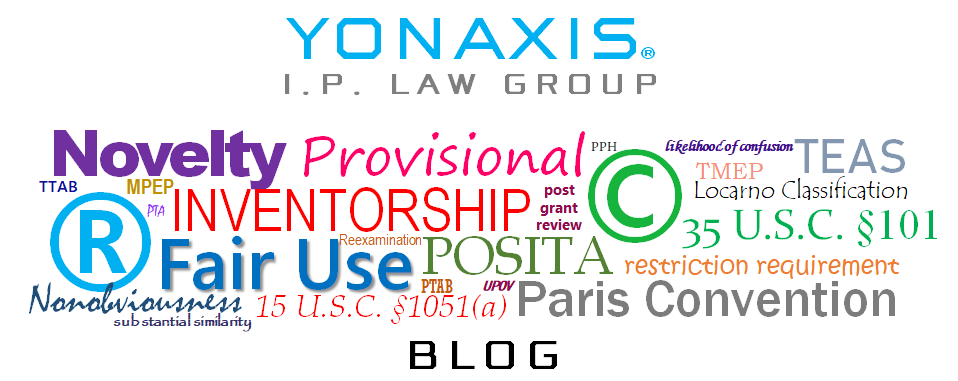The zone of interest test is a component of the standing analysis in trademark litigation, serving as a gatekeeper to determine which parties may pursue claims under the federal Lanham Act. This doctrine, refined through U.S. Supreme Court and Federal Circuit decisions, continues to shape the landscape of intellectual property disputes. Lexmark In Lexmark International …
Category: ttab
Understanding the Doctrine of Foreign Equivalents in Trademark Law
The doctrine of foreign equivalents represents one of the more nuanced areas of trademark law, sitting at the intersection of linguistic analysis, consumer perception, and legal precedent. This doctrine can make or break trademark applications containing foreign-language terms, making it essential for both practitioners and consumers alike to understand both its theoretical foundations and Federal …
Understanding the Doctrines of Natural Expansion and Tacking
A recent Court of Appeals for the Federal Circuit case sheds light on two little-known trademark doctrines: the doctrine of natural expansion and the doctrine of tacking. Both can be useful arguments in an ex parte application. However, both require very specific sets of facts in order to apply them properly in a response. In …
Fed Circuit Watch: Dangers of Pro Se Representation – Failure to Understand Procedural Rules
On August 27, 2018, the Court of Appeals for the Federal Circuit issued a rare trademark ruling, Zheng Cai, dba Tai Chi Green Tea Inc. v. Diamond Hong, Inc.,[1] dealing with the more mundane aspects of proper filing procedures and rules of evidence. It also served as a reminder of the dangers of USPTO applicants …
Fed Circuit Watch: TTAB Fails Genericness Test
In a rare review of a Trademark Trial and Appeal Board (TTAB) case, the Court of Appeals for the Federal Circuit vacated and remanded the decision in Royal Crown Co., Inc. v. The Coca-Cola Co.,[1] involving the doctrine of trademark genericism. The Fed Circuit panel found fault with the TTAB’s analysis of the test for …
